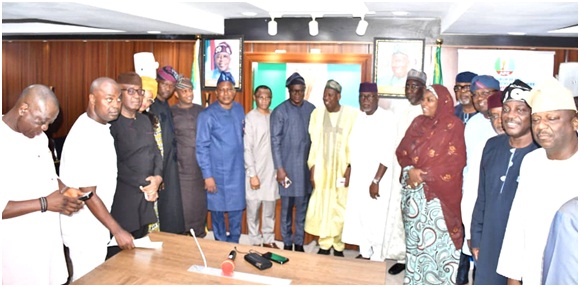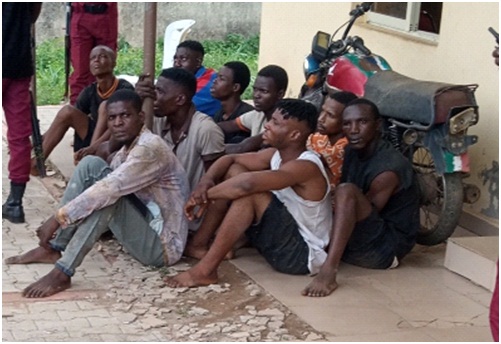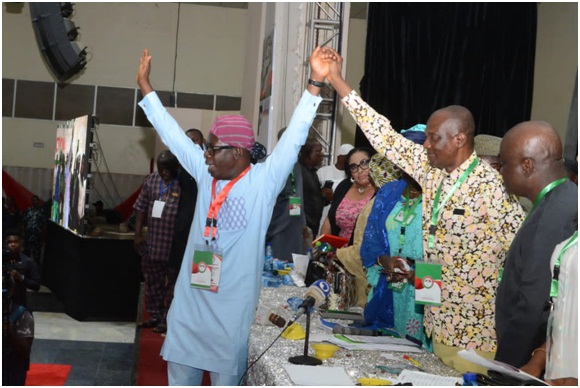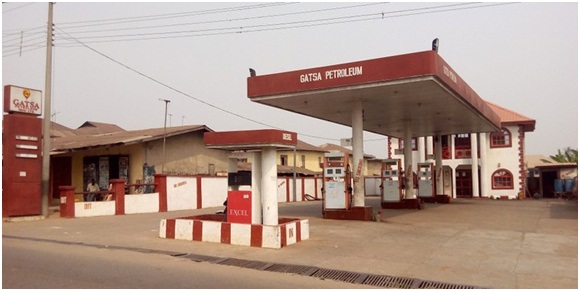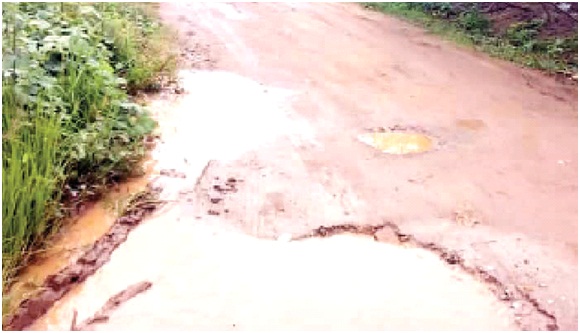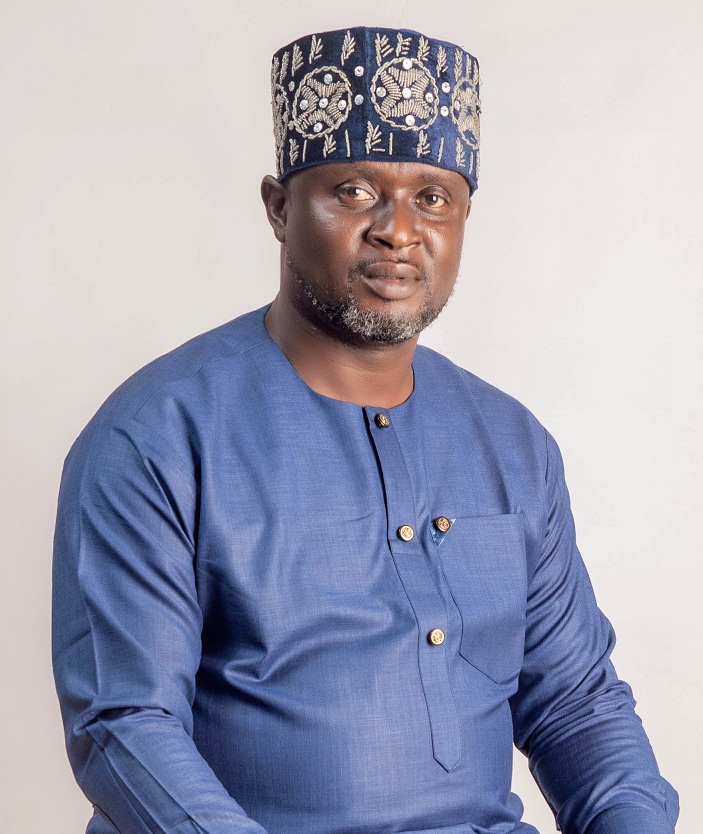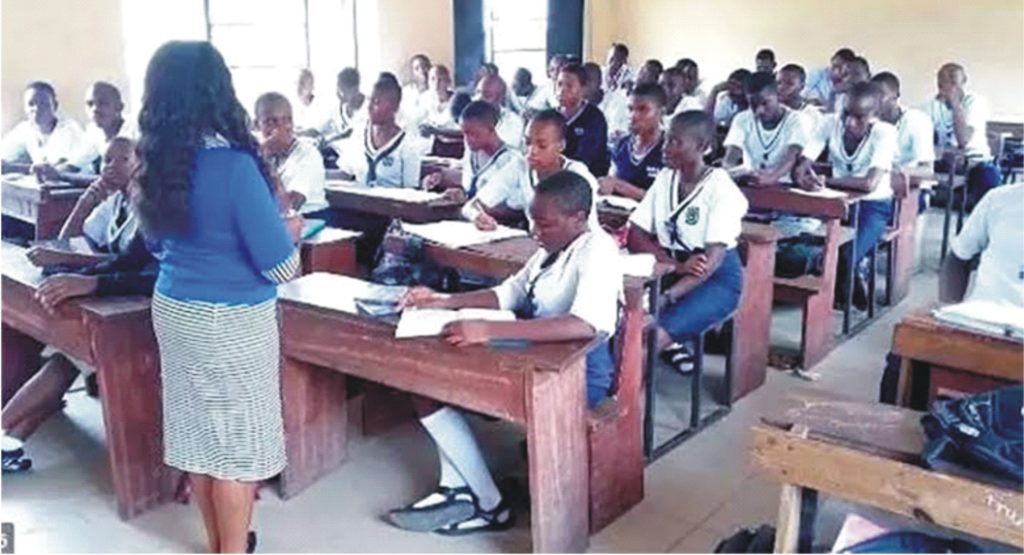God deserves no blame
By Bayo Fasunwon
|
In Nigeria, the country that houses many of the happiest people in the world and of course one of the perceived most corrupt nations of the world, this period of the year is often for penitence, intercession, supplications coupled with fasting. Many Nigerians would be engaged this hour in fervent prayers on the mountain, in the valley, along the Ocean shores, churches, mosques, sacred grounds, and desecrated cemeteries.
The first three months would witness special prayer and fasting programmes. Some of these would occur as three days to three months of abstinence from food, drinks, leisure and sin. For many, it is the time of the year to make demands on the New Year. After this period, the Ramadan fast would also bequeath on the adherents of Islam, another opportunity to pray, not forgetting that the Lenten period for a forty days fast would still hold for the orthodox members of the body of Christ. One could therefore estimate that Nigerians fast for close to 200 days in a 365 days calendar.
However, the economic statistics and the social upheavals in the nation over the past years have not really shown the gains of the fasting to the nation. If the complaints of Nigerians at home and in Diaspora are anything to go by, the challenges of the nation had not abated but had undergone transformation, and mutation, thereby existing in higher and more terrifying dimensions. The adherents to fasting would however be quick to interject that the various programmes of fasting and prayers in the nation are the reasons why the nation had not experienced worse situations than we are currently experiencing. Therefore if we should cease to fast and pray within a year, Nigeria as an entity, and Nigerians as a people may cease to exist. For individuals, they could testify how fasting and prayer had secured jobs for them; delivered them from attacks; secured their promotion; prompted responses to their cries; made the barren to bear children and also revive and revitalize their health. Praise the Lord, halleluyah!
While pondering on this issue, certain facts were deduced. In the first place, Nigerians are God loving and human fearing. The largest single church in the whole world is in Nigeria; and the country boasts of Prophets and faith healers whose efficacy and efficiency have become international currency earners for the nation. In Nigeria, we are ready to pray to God to perform the duties of our elected servants. Many of the prayers we pray during the periods of fasting and prayers are often a waste of time to God and ourselves. The reason is that we have failed to force our leaders to perform the functions for which we elected them into office. Why should civil servants, employees of government, and retirees beg God for their employers to pay their salaries? Why should a people have to pray that a Governor should fulfill the election promises of good roads, affordable education and provision of public services for the people? We often have to pray for the Police, Fire Service, Military, and even Lecturers in the tertiary institutions to perform their duties. Getting a passport renewal becomes an object of fasting and prayers; so also is getting our dresses from our tailor.
Many institutions have abdicated their duties, and no one is calling them to order, rather we call on God who is busy with other issues of supernatural urgency to clear the wastes, and clean our gutters. The weak institutions in Nigeria are not the doings, of God, but the mediocrity of humans and the fear of office holders, that hinder the demand for their productivity or abdication of office. Does a governor or entrepreneur have to fast and pray that employees in the State have to work? If not, why should they pray to be given their dues? In Nigeria, people pray to start a meeting, avoid the truths during the meeting, and then pray after the meeting. It has been said that Nigeria leaders and top officials would steal from the national treasury, and use the funds to embark on pilgrimages to Mecca and Jerusalem to pray for ‘the well being of the nation’. As far as the nation’s backwardness is concerned, God is not to be blamed. If Nigerians can arise as they did against injustices in the past, vote right and demand accountability, our fasting and prayers would effectively deliver what the nation’s capacities lack.
The prayers we often pray during fasts are corruption promoters. We really do not care if the prices of petrol, electricity, taxes and other amenities continue to increase while salaries remain stagnant, scattered, shattered and sometimes reduced. We only pray that we would be able to afford it. How do you afford these hikes, without cutting corners? So in most cases, Nigerians are even praying for corruption ideas and opportunities. The various prayers we cry of on the mountain tops revolve round the basic needs of life, which a responsible political system with enormous resources could provide. The focus of prayers in Nigeria at this time should have centered on national development, and being a super power amongst the comity of nations. The laxity of government have forced researchers who ought to pray for ideas, concepts and insights to also dwell on the ephemeral needs of man. The quest for witty inventions from God has and being sacrificed on the altars of carnality, impunity and recklessness.
When General Sanni Abacha held the nation by the jugular, Nigerians prayed, and the change came. The prayers were so answered that after his demise, he continued to send foreign currencies in large sums to the country. The time is ripe to change the prayers of the solemn fasts into cries of vengeance against those who are hardened against the welfare of the masses. This is the time to request that taskmasters should be dealt with, and God replaces them with a man after His own heart. The prayer points of this year’s fast should seek to lose those in the captivity of soul hunters, and the fatherless. It should be the demand for the destruction of wicked institutions and the establishment of service providing institutions that would reduce our needless calls for God’s intervention for our daily bread.
The effectual fervent prayers of Nigerians for a responsive and responsible government; working institutions; extermination of saboteurs; industrialization; business friendly environment; development ideas; boldness to demand for productivity; and divine intervention for the removal to obstacles to qualitative living should be the objectives of this year’s fasting and prayers.

